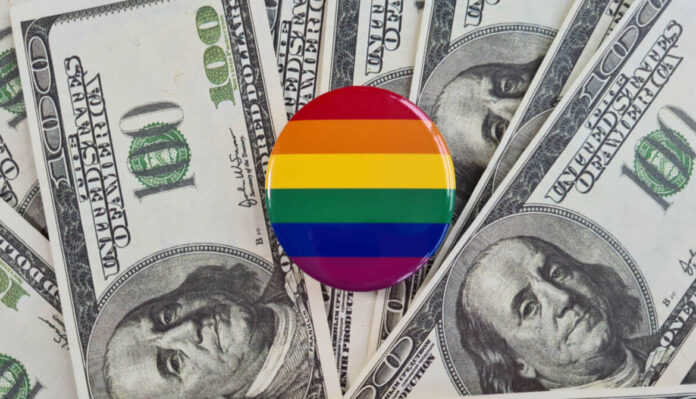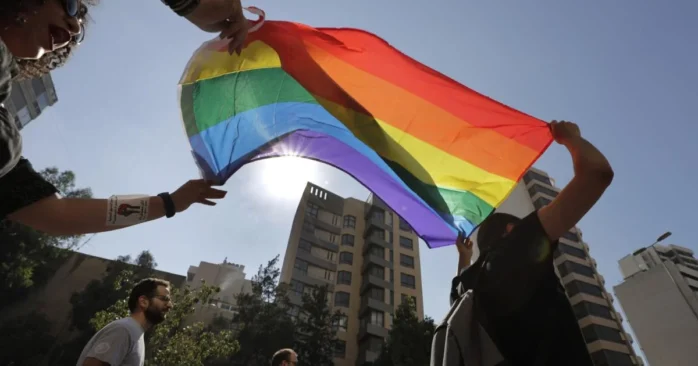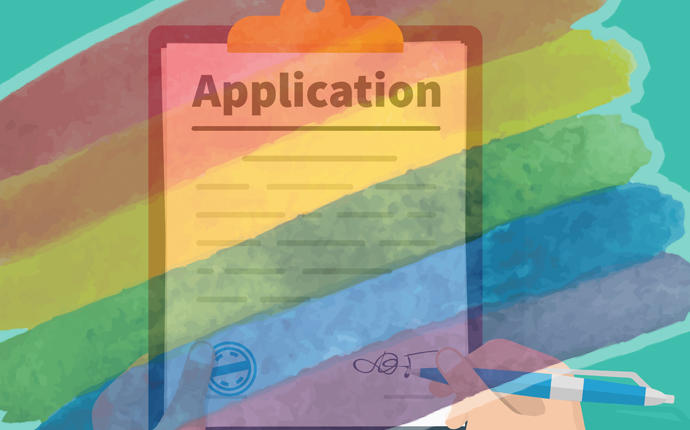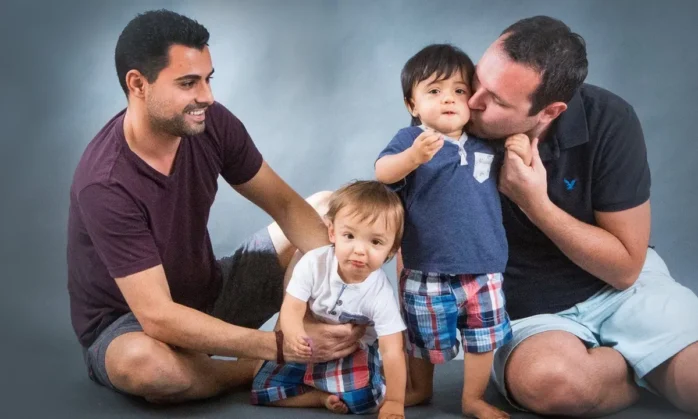
In a recent study, it is found that LGBTQ+ community people face money anxiety more than normal gender people. After talking to some of them, a quarter of these people face finances issue due to their sexual identity. But one reality that is underscored is the Supreme Court’s landmark 2015 Obergefell vs. Hodges ruling allows the same sex people to marry in all 50 states. Also according to GLAAD’s 2020 Accelerating Acceptance study, almost all Americans believe that LGBTQ community must be protected from any discrimination.
However, the ruling of the Supreme Court had made a huge positive financial impact on 18 million adult LGBTQ+ people. After the decision it was necessary that these same gender people must enjoy 1,100 benefits and privileges that a common married couple has like health insurance and tax breaks. But still there are some financial barriers remaining. In this article, we have shared these barriers and obstacles that LGBTQ community faces and how to overcome them in a legal way.
1. Earn What You’re Worth

According to the survey, those who are identified as LGBTQ community people, they are paid less than a common person. If you are gay men, average earning will be $56,936 that is almost $26,533 less than straight men or about 68 cents per dollar. For lesbian women, an average earning is $45,606 which is almost $5,855 less than straight women or about 89 cents per dollar. The problem what LQBTQ people face is cost of living in communities is same as a common person but the earning is lower. It can clearly seen that LGBTQ women faces food insecurity and inability to pay their rents to peacefully live in a house. Moreover, they face discrimination in workplace and in some states there is lack of laws protection against discrimination.
Solution:
You might be afraid to ask for a raise in pay but let me tell you, you have many other options. First thing is to build a larger emergency backup fund that makes you feel secure. Then you can submit a request for a pay raise. If your boss is not paying you enough, as you have backup funds for months, you can apply somewhere else.
2. Saving More
According to a survey, LGBTQ community ‘habit is to spend more even if they get less salary than others. They find it hard to save and have a higher percentage of 28% to 34% and it becomes hard to break financial habits. These bad habits of overspending are usually found in Young LGBTQ people. Brian Thompson said as these people spend a larger part of their life feeling devalued, they during earning try to spend more and more on their needs and wants.
Solution:
Breaking bad habits is quite hard, especially when it comes to overspending. But it is not impossible to do if you really understand why you are spending a-lot. The best thing to do is to track your spending and create a budget for your future goals. You need to take the cash with you and leave your credit card at home as if you have a card, you will spend more and more. Second thing is if you want something just don’t buy it at that time and wait for a few days. After some days, think about it. Is that thing really important to buy? If yes, then buy it else not. This will help you get out of this overspending habit. Moreover, you can try apps that can help you save the most. Bring is one of them. Bright is a super app that works for everybody, for every goal and every plan. Bright helps with making card payments always on time to improve your positive payment history. Every day, Bright helps over 100,000 users build for life after debt.
3. Housing and Credit Discrimination

If you are applying for a mortgage, it is most likely that the landlord or creditor will pull your credit history and in report, he can see that you have same-sex spouse. This may result in rejection of your application for mortgage and apartment. In most states, LGBTQ community lack legal protection against housing discrimination. According to 2018 study, 73% of the LGBTQ people’s mortgage applications got denied even if you have same background as of heterosexual couples. But if in any case they approve your request, they will charge 0.2% more interest and fees.
Solution:
There are two options to go with. First is to find the LGBTQ friendly banks before applying for an apartment. The second option is if one creditor denies your application, you can move to the next creditor. Also you can legally challenge the creditor for denying your application. Ask the company or creditor whether he will rectify this problem or not. If not then you should file a complaint as soon as possible.
4. Building Up Family

There are different options for LGBTQ+ community to build a family. The cost of having a child completely depends on with which option you go. For example, you can adopt a child or give birth or pursue surrogacy or through In Vitro Fertilization (IVF). All 50 US states allows LGBTQ people to adopt children but still only 29% people are raising children today. Adopting a children can cost a lot depending on from where you are getting. If you adopt from foster care it is almost free and you need to pay fees and other things that can go up to $1,000. In U.S. to adopt from private nonprofit agency, it can cost you $40,000 which is really expensive. Another option is IVF that can easily go up to $10,000 and if you go with surrogacy it can cost between $120,000 to $175,000.
Solution:
The option will vary to LGBTQ couples and individuals. As there is a biological clock involved, it’s necessary to discuss it earlier. Brian Thompson said the first thing is to discuss it with your partner. Tell him or her about your desires, how much you can and want to spend on it. It is also important that one of you should have a biological relation with a child. So educate yourself about expenses and risks involved. After you decide, set aside a savings account for Building a family expenses.





